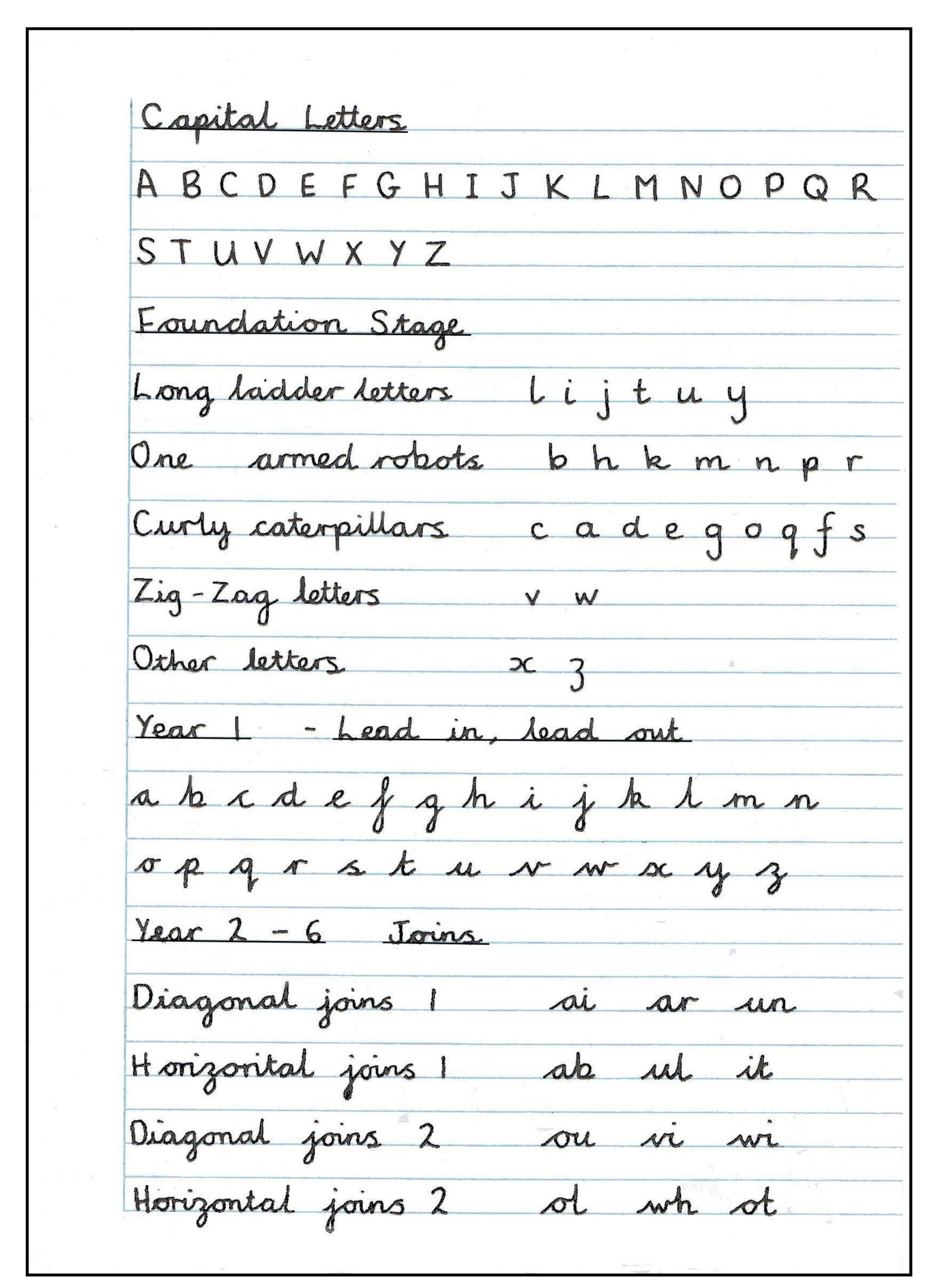WritingTo appreciate and apply rich vocabulary and develop a strong understanding of grammar whilst applying creativity using a range of linguistic conventions for reading, writing and spoken language to ensure students can articulate their needs, passions and desires in life. |
|
Our school is a language rich environment which enables pupils to access new and challenging vocabulary. We want our pupils to become confident, creative and independent writers who are able to articulate their thoughts, ideas and feelings through the written word. Our aim is that children develop transferable skills which they can use and apply across the wider curriculum and throughout their lives. In the world we live in today, it is becoming increasingly important that individuals have the tools and are empowered to communicate their ideas and opinions about issues that matter to them. Where possible, writing units will be linked to the whole school curriculum theme. Links to special events such as Black History Month, Remembrance Day and significant points throughout the liturgical year such as Holy Week and Christmas will also be made in order to improve the quality of cross-curricular writing. Throughout the year, children will write for a range of purposes and audiences and will experience Fiction, Non-fiction, and Poetry. Writing is based around a high-quality key text and units of work are approximately 3 weeks. All units begin with a hook that clearly outlines the audience and purpose of writing and end with a final published piece. |
Thus says the Lord, the God of Israel, Write all the words which I have spoken to you in a book. Jeremiah 30:2
Books, whether fiction or nonfiction, are meant to be read. As writers who share our faith through story, we want the words that flow from our fingertips to be God-inspired. Different authors will have different stories to tell and write, so don’t compare yourself to someone else.
|
Learning to write is like learning an instrument, you’ve got to be prepared for hitting wrong notes occasionally, or quite a lot, cause I wrote an awful lot before I wrote anything I was really happy with.
(J.K. Rowling)
|
View this image here. |
|
|
Spellings Weekly spelling lists are set for each year group (Y1-Y6) A list of words sent home each week to learn. Please see documents below for the spelling patterns for each year group. Year 1 Spellings |
 |
True progress quietly and persistently moves along without notice. Saint Francis de Sales |
|
Classics Each year, one half term will be spent studying classic texts and poems through reading and writing units. It is important that our children experience a diverse ‘reading diet’ and develop an appreciation of our rich and varied literary heritage. |















